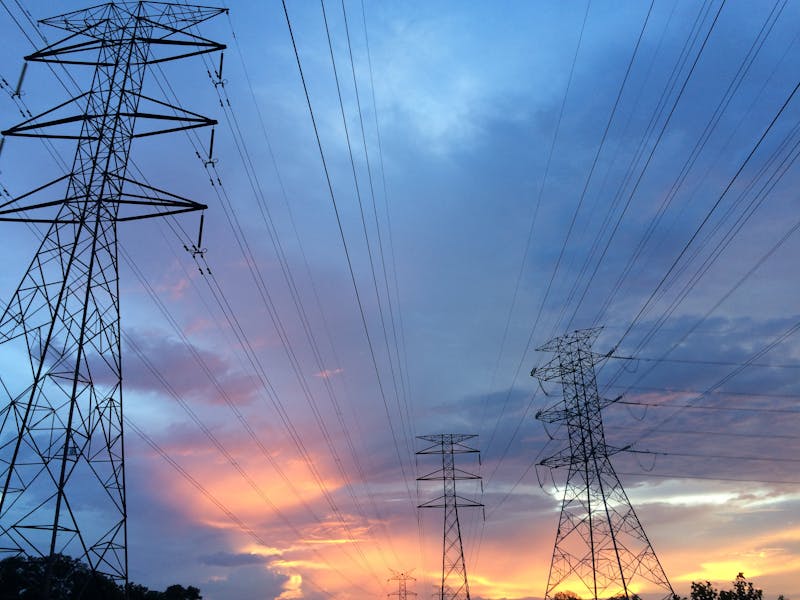The increase in the price of electricity tariffs payable by electricity customers in Band A, as notified in the 2024 Multi-Year Tariff Order[1] puts into sharp focus the legal framework around Service-Based Tariffs in Nigeria.
This legal update provides some insight into the legal framework for service-based tariffs as well as the rules for migrating from one service band to another and for compensating electricity customers.
What is a Service-Based Tariff?
A service-based tariff [2] is a tariff structure under which electricity distribution companies (DisCos) are required to meet certain minimum hours of electricity supply to electricity customers, in order for such DisCos to be able to charge a tariff that is closer to a cost-reflective electricity.
The way that the service-based tariff structure has been implemented in Nigeria is by virtue of a mandate by the NERC categorising customers into service bands and attributing a minimum number of hours for the supply of electricity by DisCos to customers in their respective franchise areas. ( See below diagram).
Electricity Service Bands
| S/N | Service Band | Minimum Hours of Electricity Supply |
| 1 | Band A | 20 Hours |
| 2 | Band B | 16 Hours |
| 3 | Band C | 12 Hours |
| 4 | Band D | 8 Hours |
| 5 | Band E | 4 Hours |
It is important to note that the concept of service-based tariffs is based on the concept of availability and not consumption. Electricity customers are essentially required to pay a premium for a guaranteed number of hours of electricity supply. The service-based tariff ensures that DisCos are able to charge an electricity tariff that is “nearly” cost-reflective in exchange for availability[3].
Given that the concept of service-based tariffs is based on the concept of availability, electricity customers are rightly entitled to compensation where the minimum amount of electricity required in an electricity service band is not available for consumption.
Can Customers Mandate a Migration from one Service Band to the Other?
The decision to migrate an existing/connected customer from one electricity service band to the other appears to be within the prerogative of a Disco. However, customers are entitled to apply to the relevant Disco for a migration to a higher service band. In any event, where a Disco decides to migrate feeders across service bands, such DisCos must seek the approval of the NERC by way of an application for migration[4].
It is useful to note that only feeders with smart meters are eligible for upward migration. DisCos must also ensure that all affected customers receive notices of the feeder migration at least five (5) days prior to the implementation of the approved migration.[5]
What is the Service Level required of DisCos?
Electricity customers are entitled to at least 90% of the committed hours of electricity supply, within one month, in the relevant electricity service band.
How will Customers get compensated for Poor Service Delivery?
Customers that do not receive the required number of electricity supply applicable to their service band are entitled to service credits. Electricity customers with pre-paid meters are to be compensated with a token of units of energy in KwH to account for the difference between the vended tariff and the applicable tariff for the actual service experienced in the month.
On the other hand, electricity customers with postpaid meters are to be compensated with an adjusted tariff based on the actual service experienced during the period of shortfall of electricity supplied. This is because their bills are only issued after consumption of electricity supplied. DisCos are also required to notify postpaid metered customers of the adjustments to the bills by email (where applicable) and SMS.
[1] NERC April 2024 Supplementary Order. By virtue of this Order, the electricity tariff payable by electricity customers in Band A has now been increased to N225 ($0.15) per kilowatt-hour from N68.
[2] Service-based tariffs were introduced by the Nigerian Electricity Regulatory Commission in the Multi-Year Tariff Order 2020 (MYTO 2020)
[3] A Cost-Reflective Tariff (CRT) is a tariff that envisages the true cost of electricity service delivery to the consumers while allowing a reasonable Return on Investment (RoI) for the investor. A CRT does not include government interventions or subsidies.
[4]the name and location of the feeder(s) for migration, a report of the metering status of the feeders, a report on the quality of supply covering a minimum period of two (2) weeks confirming the eligibility of the feeder for migration, the current and proposed service bands along with the respective tariffs, the number of customers affected, the proposed effective date of the feeder migration; and
any other justification for the feeder migration.
[5] Also, the implementation of the approved migration only becomes effective on the 1st day of the billing month.


